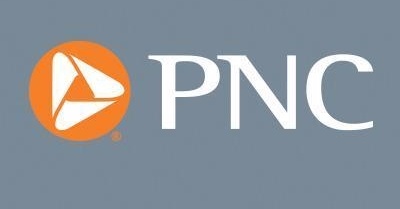 The ISM services index fell in June, but was still firmly in expansionary territory.
The ISM services index fell in June, but was still firmly in expansionary territory.
- Details were solid, although not as good as in May.
- Labor shortages and supply disruptions remain drags on activity.
- U.S. economic growth is very strong in mid-2021.
The ISM services index fell to 60.1% in June from 64.0% in May, but remained well above the 50% that indicates expansion in service industries. The consensus expectation was for a smaller decline, to 63.5%. The last three months (March to May) were by far the three highest readings in the history of the index, back to 1997, so some retrenchment was inevitable.
The index plunged in April and May of 2020 as the pandemic came to the United States, but has been above 50% since then, and has been very strong recently.
All four of the subindices used to compute the overall index fell in June from May. There were big declines in the business activity/production (to 60.4% from 66.2%) and employment (to 49.3% from 55.3%) subindices. The hiring index likely fell because of difficulties in finding workers, not softer demand for labor. There were small drops in the new orders (63.9% to 62.1%) and supplier deliveries (70.4% to 68.5%). Supplier delivery times continue to lengthen, but at a slower pace, a reflection of ongoing supply chain disruptions.
For the details not used to calculate the main index, prices continue to increase rapidly, although not quite as quickly as in May. Order backlogs are growing and inventories are viewed as being far too low, with the problem getting worse over the month.
Sixteen of the 18 industries covered reported growth in in June. The strongest growth was in arts, entertainment, and recreation; other services; and transportation and warehousing. The two industries reporting contraction in June were real estate, renting and leading; and agriculture.
The comments from respondents highlighted strong demand; labor shortages; supply chain disruptions, including shipment delays; and higher input prices.
Service industries will lead U.S. economic growth over the rest of 2021 and 2022. In 2020 consumers used their stimulus payments to purchase goods, given that they were reluctant to buy services and many were unavailable. But as the economy reopens consumers will be looking to dine out, go on vacation, and attend concerts and sporting events.
The ISM manufacturing index (released July 1) also fell in June, but remained elevated (to 60.6%, from 61.2% in May and an all-time high of 64.7% in March). Together, the two ISM measures are consistent with very strong U.S. economy growth in mid-2021 as vaccines and stimulus payments support soaring demand, particularly for services. PNC’s forecast is for real GDP to increase 8.6% at an annual rate in the second quarter of this year (to be released July 29), with 7.0% growth in the third quarter, far above the economy’s long-run average. Growth will slow later in 2021 and in 2022, but will remain strong.
The PNC Financial Services Group, Inc. is one of the largest diversified financial services institutions in the United States, organized around its customers and communities for strong relationships and local delivery of retail and business banking including a full range of lending products; specialized services for corporations and government entities, including corporate banking, real estate finance and asset-based lending; wealth management and asset management. For information about PNC, visit www.pnc.com.













